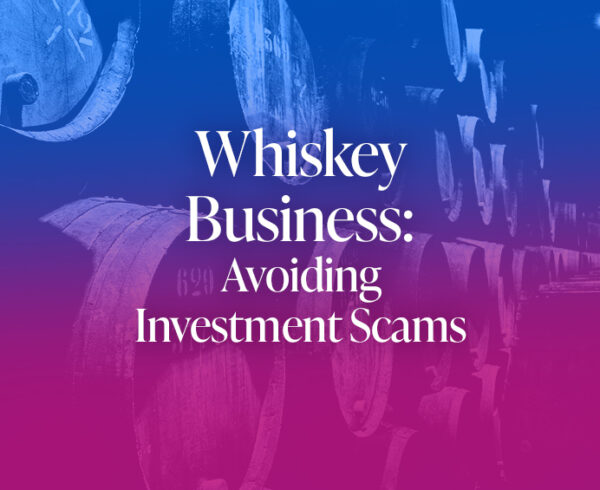Being scammed is a stressful and often overwhelming experience. Unfortunately, it’s a growing issue—73% of UK adults were targeted by scams in 2023, with 35% losing money to fraudsters. If you have fallen victim to an online scam, a phishing email, or a fake investment scheme, knowing what to do next and how to report it is important.
The good news? In many cases, you can recover your money.
Continue reading to learn how to get back scammed money and what steps you should take to increase your chances of recovery.
Common types of scams:
The first step to preventing a scam is raising awareness about the different types. Recognising a scam early can help you to avoid financial loss.
Impersonation fraud: Scammers pose as trusted entities, like your bank or HMRC.
Purchase scams: Paying for items that never arrive.
Investment scams: Fraudulent schemes promising high returns.
Phishing scams: Designed to steal your login credentials or payment details.
73% of UK adults – or 40 million people – were targeted by scams in 2023, with 35% – or 19 million – losing money because of this criminal offence. In 2024 one in five people across the UK fell victim to a finance scam.
Can You Get Your Money Back After a Scam?
You may be able to get your money back after a scam, but it depends on several factors, including the type of scam and how you made the payment. The key is to act fast and follow all of the appropriate steps.
First Steps:
Stop any further payments: Contact your bank or payment provider to freeze your account or cancel recurring transactions.
Gather evidence: Save all communication, screenshots, and transaction details related to the scam.
Report the scam: File a report with the relevant authorities
What to Do Based on Payment Method:
Bank Transfer or Direct Debit
Contact your bank immediately. They may be able to get your money back for you as they often offer reimbursement under fraud protection schemes.
For direct debits, the Direct Debit Guarantee may allow you to reclaim funds.
Credit Card Payments
File a chargeback request with your card provider.
You may also have protection under Section 75 of the Consumer Credit Act for purchases over £100.
PayPal Transactions
Open a dispute through PayPal’s Resolution Centre.
If PayPal is unable to resolve the issue, contact your card provider.
Gift Cards or Prepaid Cards
Unfortunately, these methods are often untraceable, making refunds challenging. Reporting the scam quickly may help authorities investigate.
Reporting a Scam
Reporting a scam is one of the most important steps in recovering your money and preventing others from becoming victims.
Where to Report a Scam in the UK:
Action Fraud: The UK’s national reporting centre for fraud and cybercrime. Visit Action Fraud or call their helpline on 0300 123 2040.
Your Bank: Notify them immediately about the scam.
Social Media Platforms or Online Marketplaces: If the scam occurred on these platforms, report the user or listing.
Why Report a Scam?
Reporting helps authorities identify and stop fraudsters, potentially recovering funds and preventing further crimes. Even if you can’t reclaim your money immediately, your report contributes to broader fraud prevention efforts.
CEL Solicitors Can Help
Recovering scammed money can feel daunting, but you don’t have to face it alone. CEL Solicitors are experts in fraud and scam recovery and can help you navigate the process, even if your bank refuses to help!
Why Choose CEL Solicitors?
No-Win, No-Fee: We believe in justice without financial risk—if we don’t win your case, you don’t pay.
Proven Success: Our team has a proven track record of holding scammers and financial institutions accountable.
Get in Touch:
- Visit our Scam & Fraud Recovery page
- Call us at 0808 273 0900
- Email us at info@celsolicitors.co.uk
Scams can be financially and emotionally draining, but with the right steps and support, recovery is possible. Take action today to reclaim your funds and protect yourself from future fraud. CEL Solicitors are here to help every step of the way.













